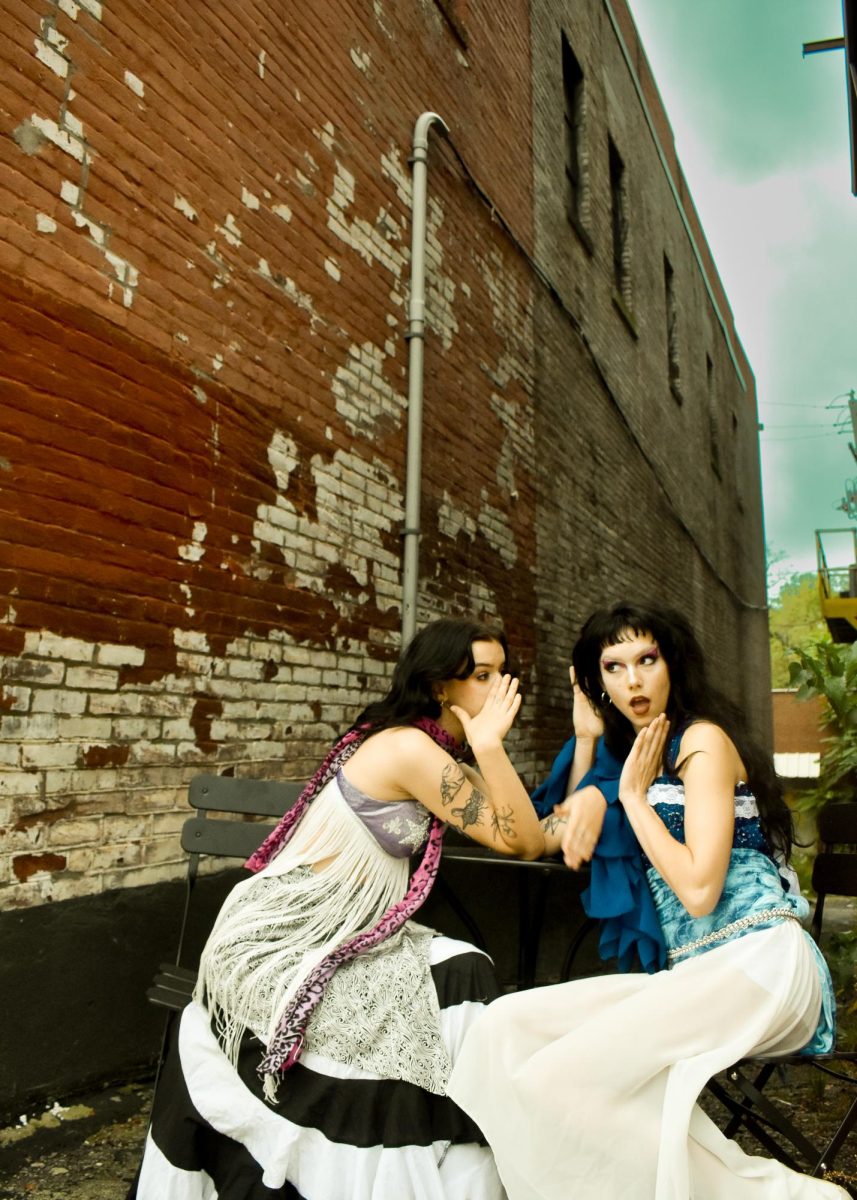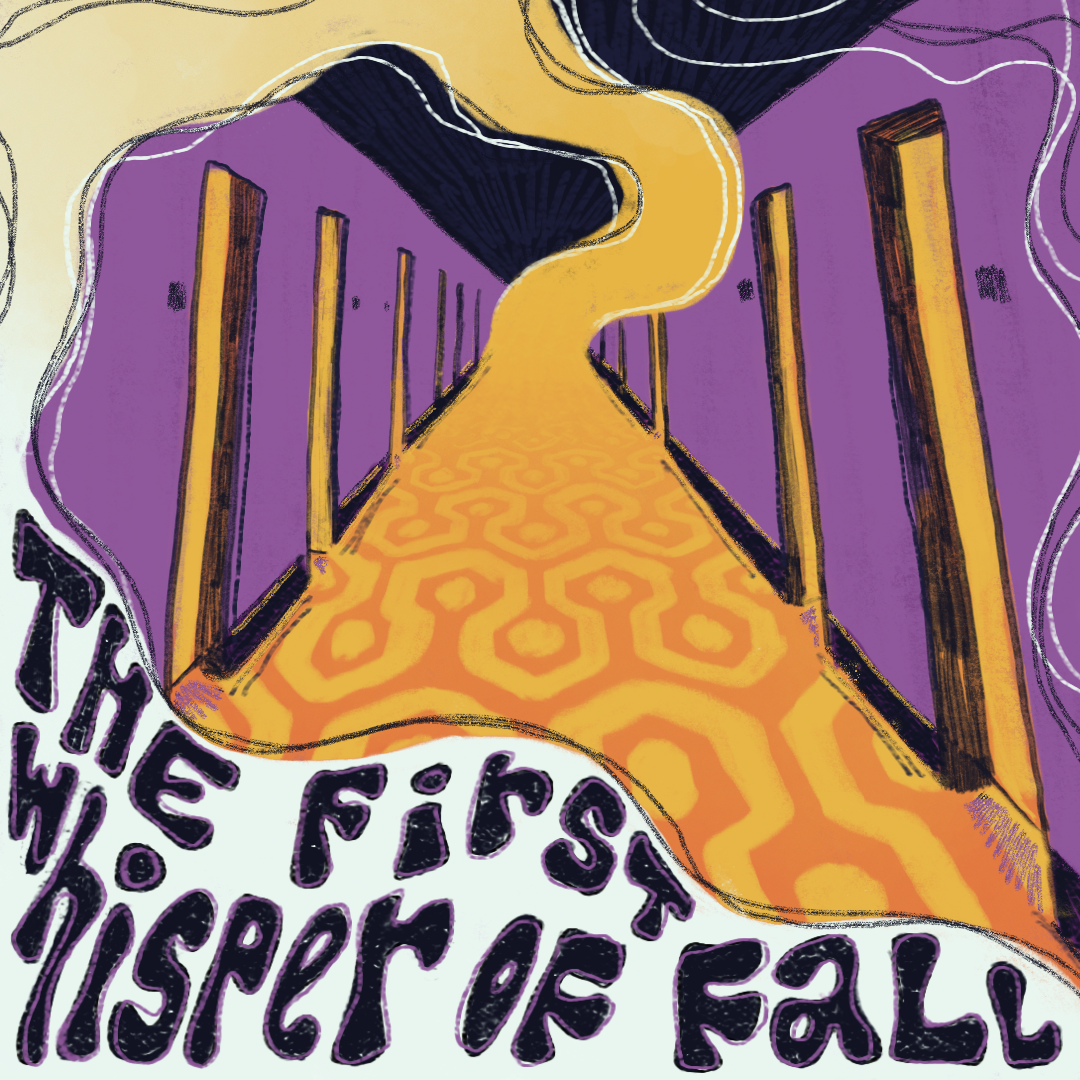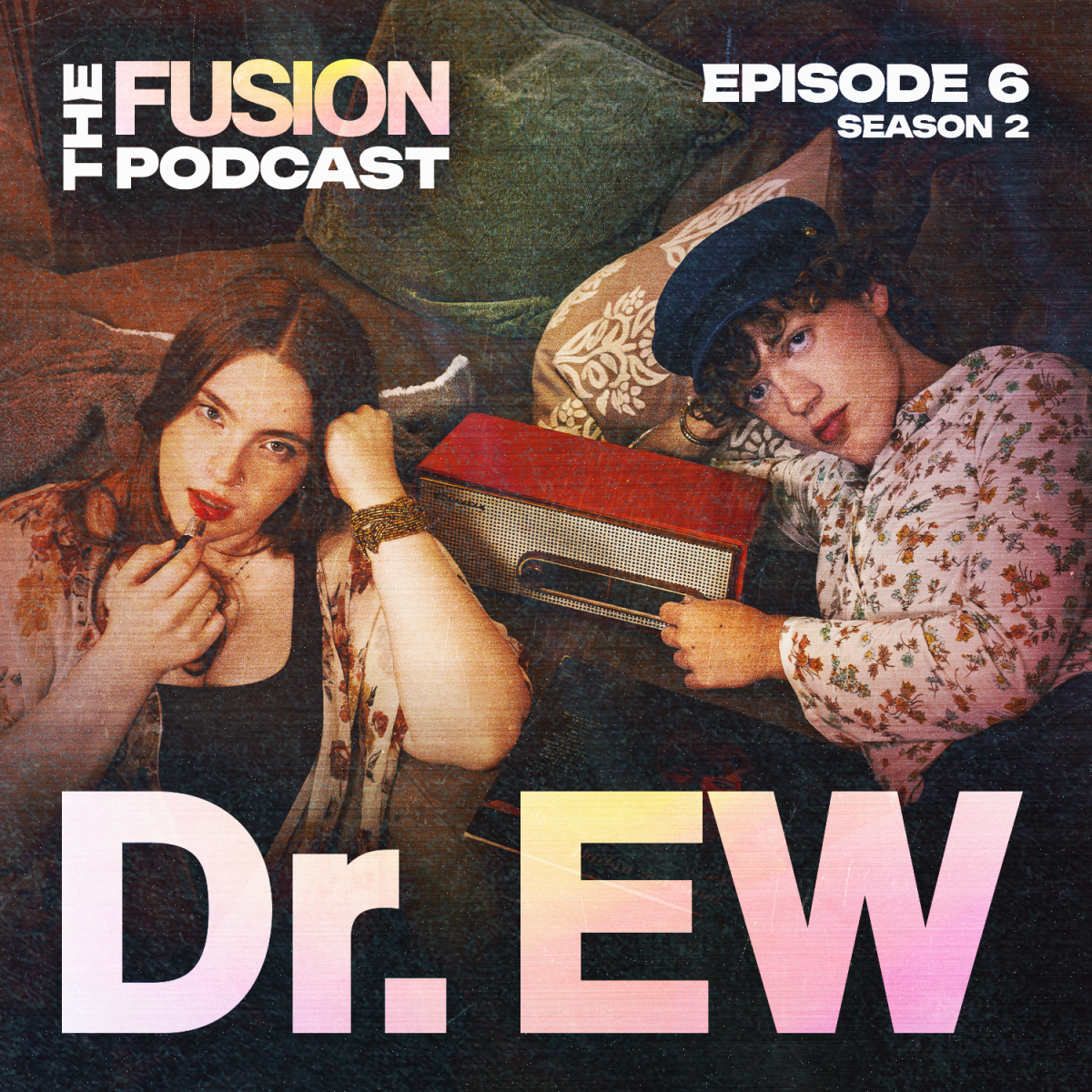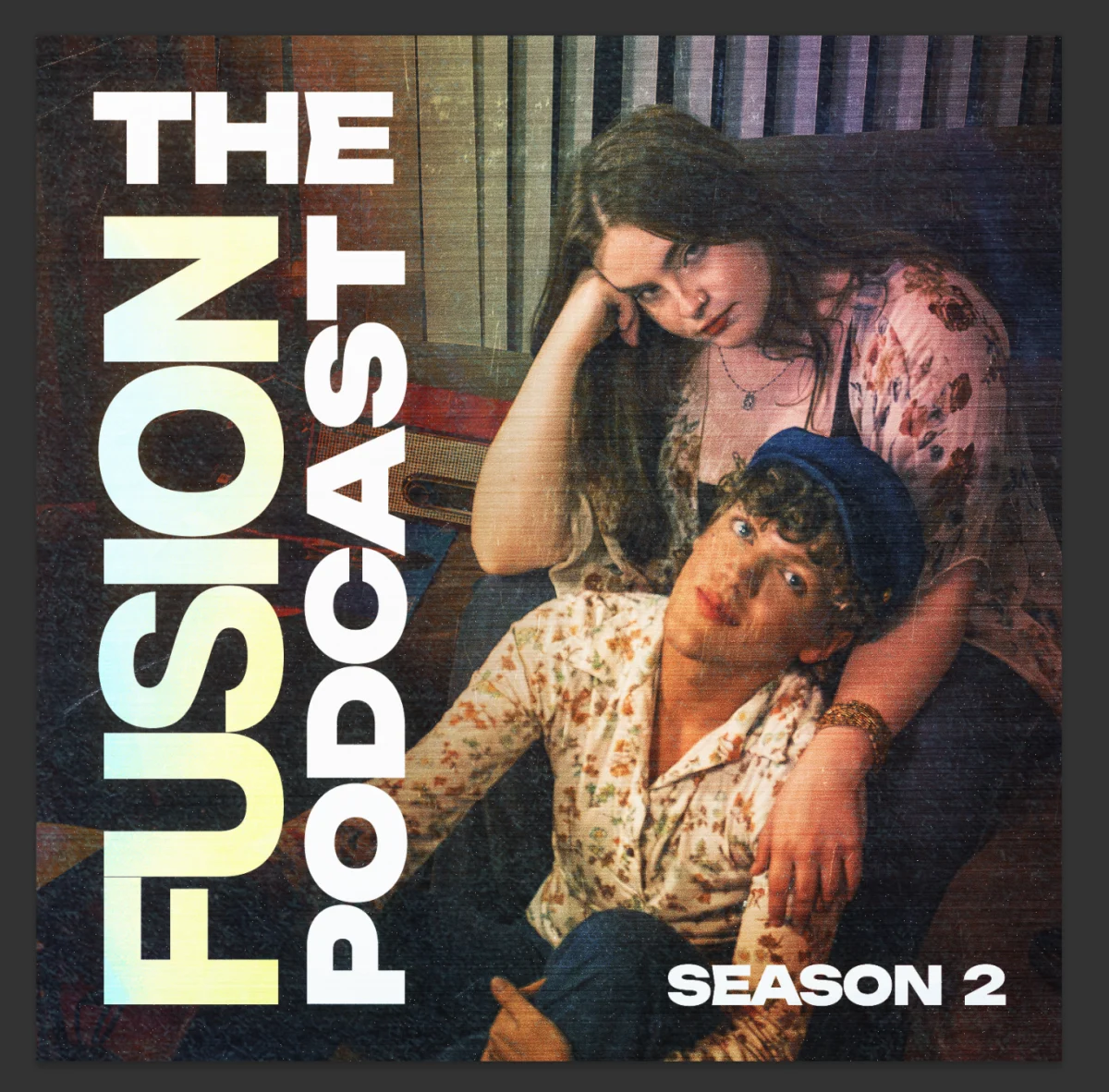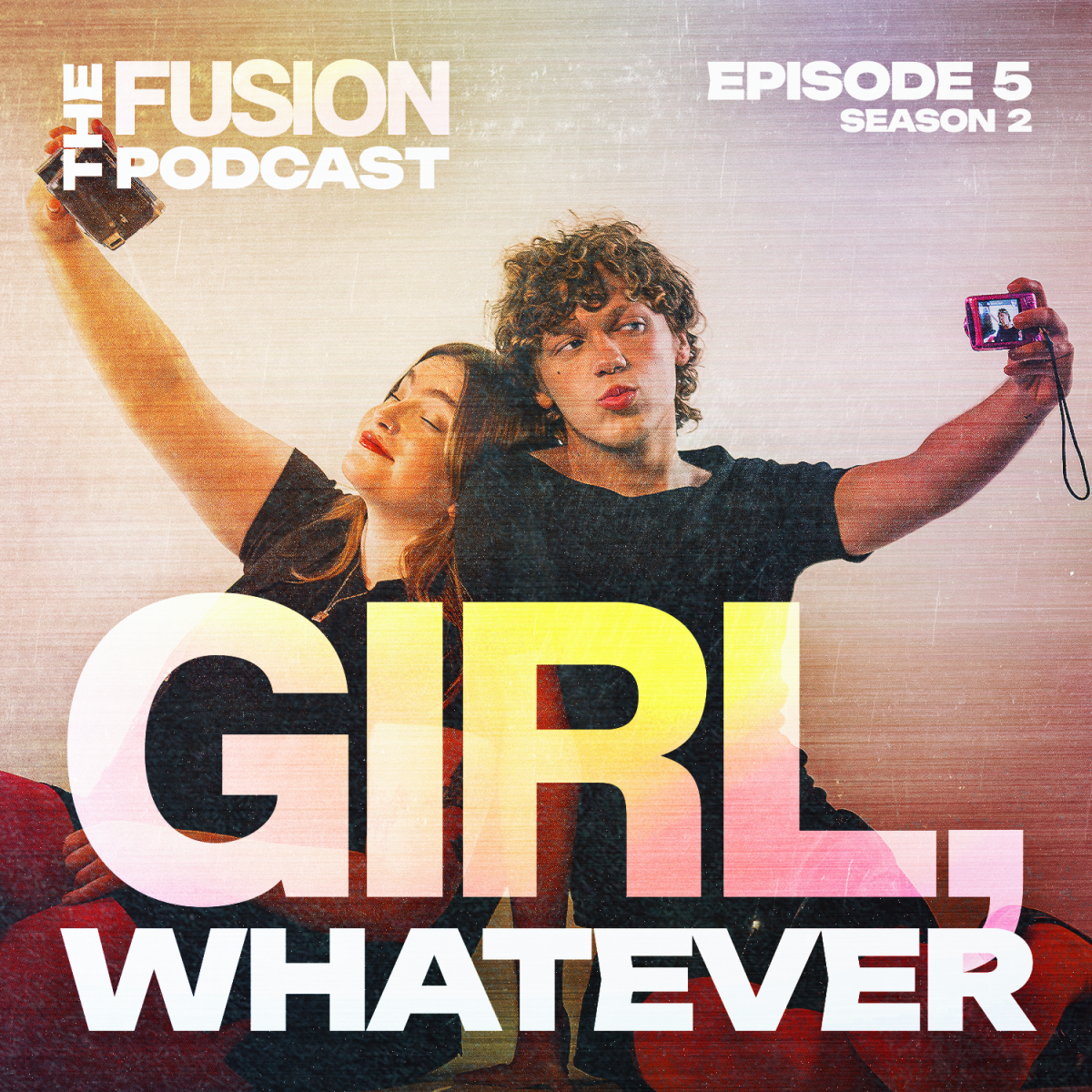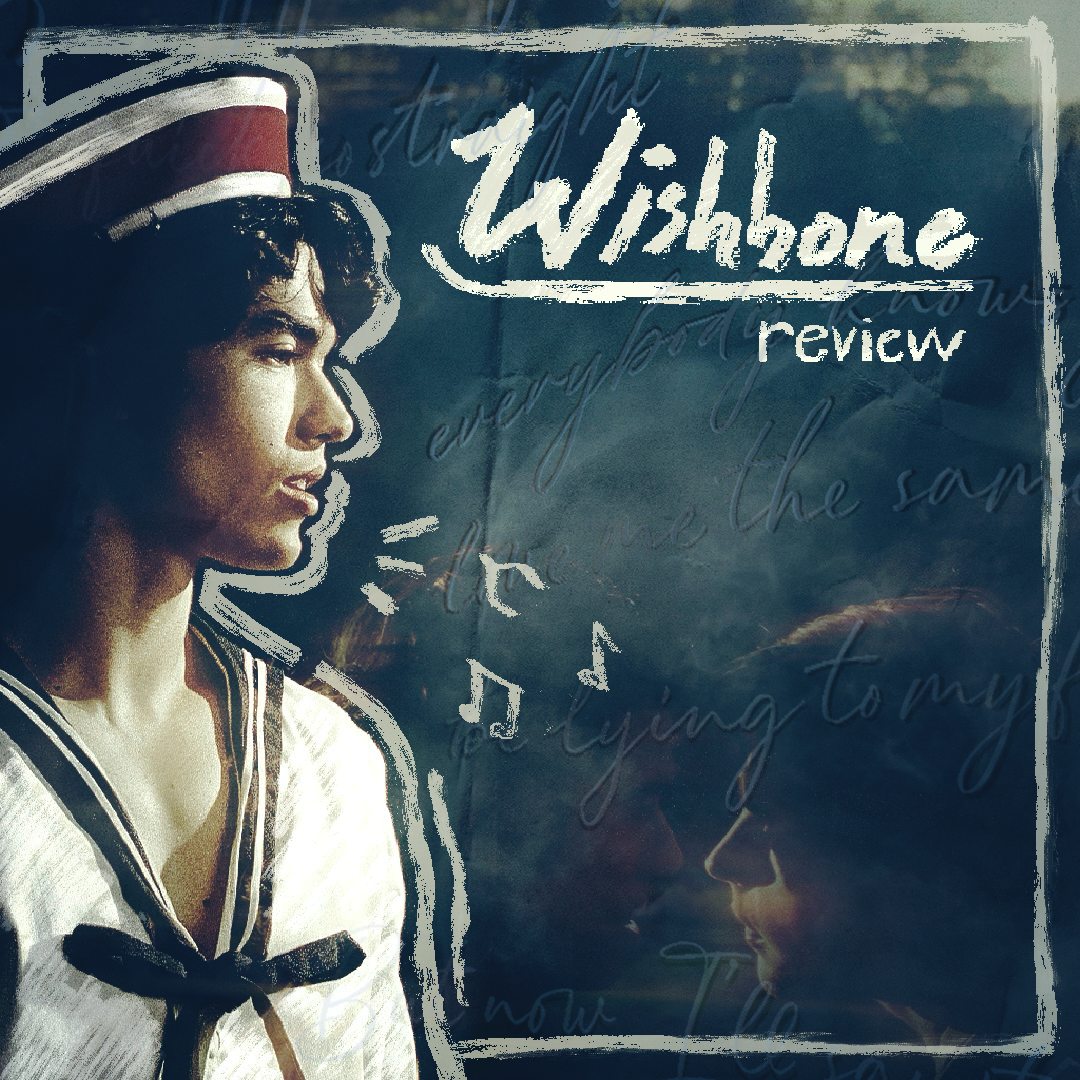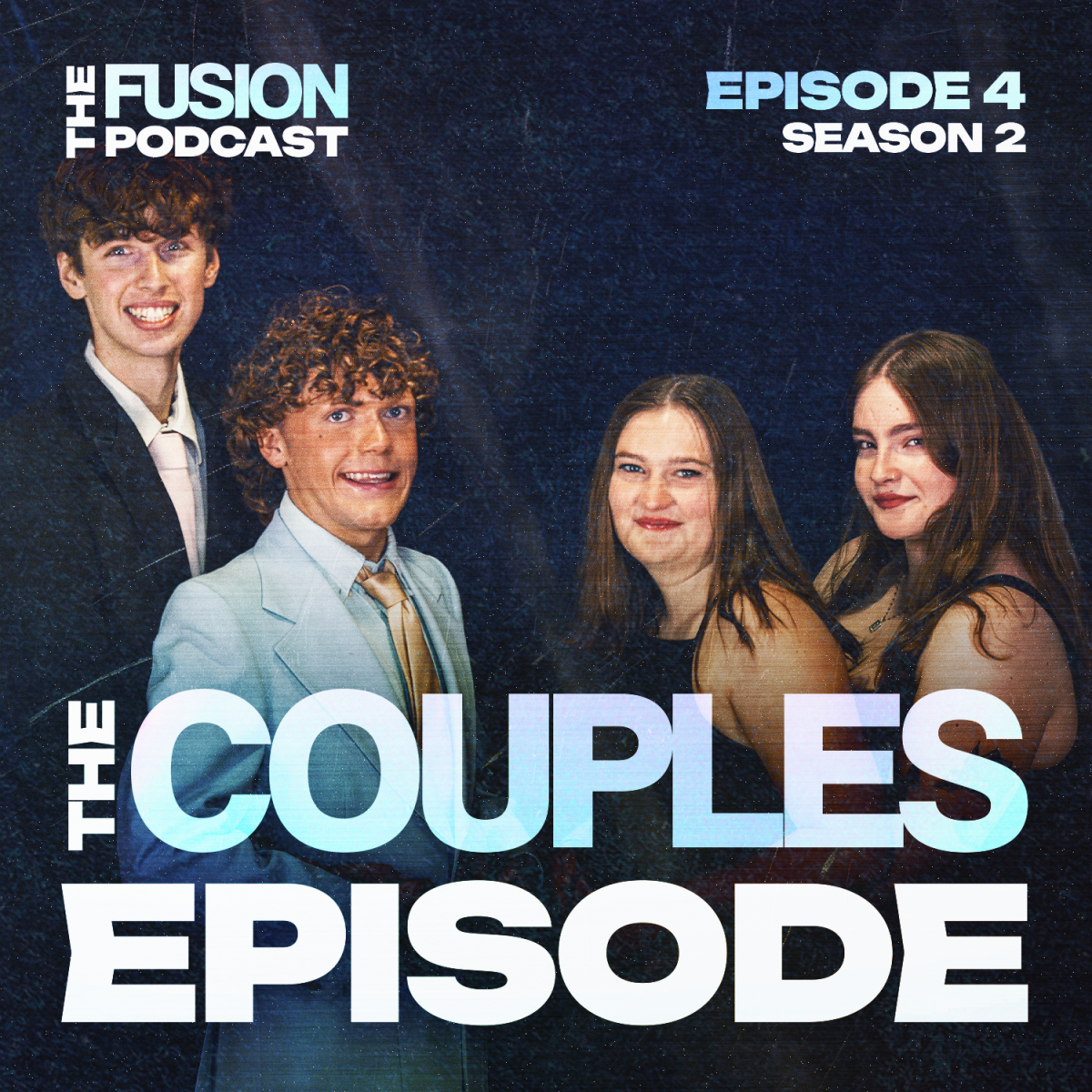A few weeks ago, Conan Gray released his fourth studio album, “Wishbone.” Listening to “Wishbone,” I felt like Gray reached right into the ache of queer longing and gave it a soundtrack as a gay guy, which hit me in such a personal way. It’s not often that I hear an album that feels like it’s written from the inside of my own experiences. There’s this mix of comfort and pain that runs through the songs, like Gray understands what it’s like to want something so badly, but not be sure you’re allowed to reach for it. For me, it doesn’t feel like just another pop record, but it feels like a diary written in music, one that mirrors the complicated emotions so many queer people grow up with.
Musically, “Wishbone” fits right into Gray’s signature style: dreamy, a little melancholic, but sharpened with clean pop production. What I love is that he never lets the instrumentals drown the emotion; instead, the sound carries it, making each lyric feel sharper. And while the sound is great, it’s really the lyrics that matter most. The whole album feels soaked in yearning — longing for someone you can’t have, waiting for a love that always seems just out of reach, or holding on to something fleeting before it slips away. That struck me because it reflects the way queer love often unfolds, especially in youth. It reminded me of my own teenage years, when attraction felt like something electric but also risky. It was something I had to carry quietly, sometimes almost like a secret. Hearing Gray put those feelings into words made me realize just how much I craved that kind of representation when I was younger.
The thing that stands out most to me is how Gray balances vulnerability with resilience. The songs definitely dive into heartbreak, but it’s never just sadness for sadness’s sake. There’s an underlying strength in his music, this message that even in longing or loss, there’s still beauty. That really connects with me as part of a queer identity. Growing up, we’re often taught, sometimes directly, sometimes through silence, that our feelings are things to hide. And yet, here’s an album that embraces them unapologetically, turning them into something worth celebrating. That alone makes “Wishbone” important to me. It’s not just about heartache; it’s about survival.
On a personal level, “Wishbone” made me reflect on how far I’ve come. Back when I was closeted, I spent years in silence, wishing quietly for love, unsure if I would ever get to feel it openly. These songs remind me of that time, but they also highlight the progress I’ve made since then. I’m no longer stuck in that place of secrecy, and listening to this album makes me appreciate that growth. At the same time, it also makes me feel less alone in the struggles I went through. There’s a kind of solidarity in music like this, knowing other people have felt that same ache. When Gray sings about heartbreak or longing, it doesn’t feel isolating. It feels like a community of shared experience.
That’s what I think makes this album stand out: it’s not just a breakup record or a collection of sad pop songs. It’s a reflection of what it means to wish for love in a world that hasn’t always given queer people permission to love freely. The “wishbone” metaphor feels perfect. it’s about wanting something fragile, pulling at it, hoping for more, and sometimes ending up empty-handed. That’s such a powerful way of describing queer desire: fragile, risky, but still full of hope.
In the end, “Wishbone” is more than an album for me, but more of a reminder. It reminds me of who I was, who I’ve become, and how music can create a space where queer stories aren’t just acknowledged but honored. Even in heartbreak, there’s resilience, and even in longing, there’s solidarity. Conan Gray captures that balance better than almost anyone I’ve heard, and it’s why this album will stick with me for a long time.

